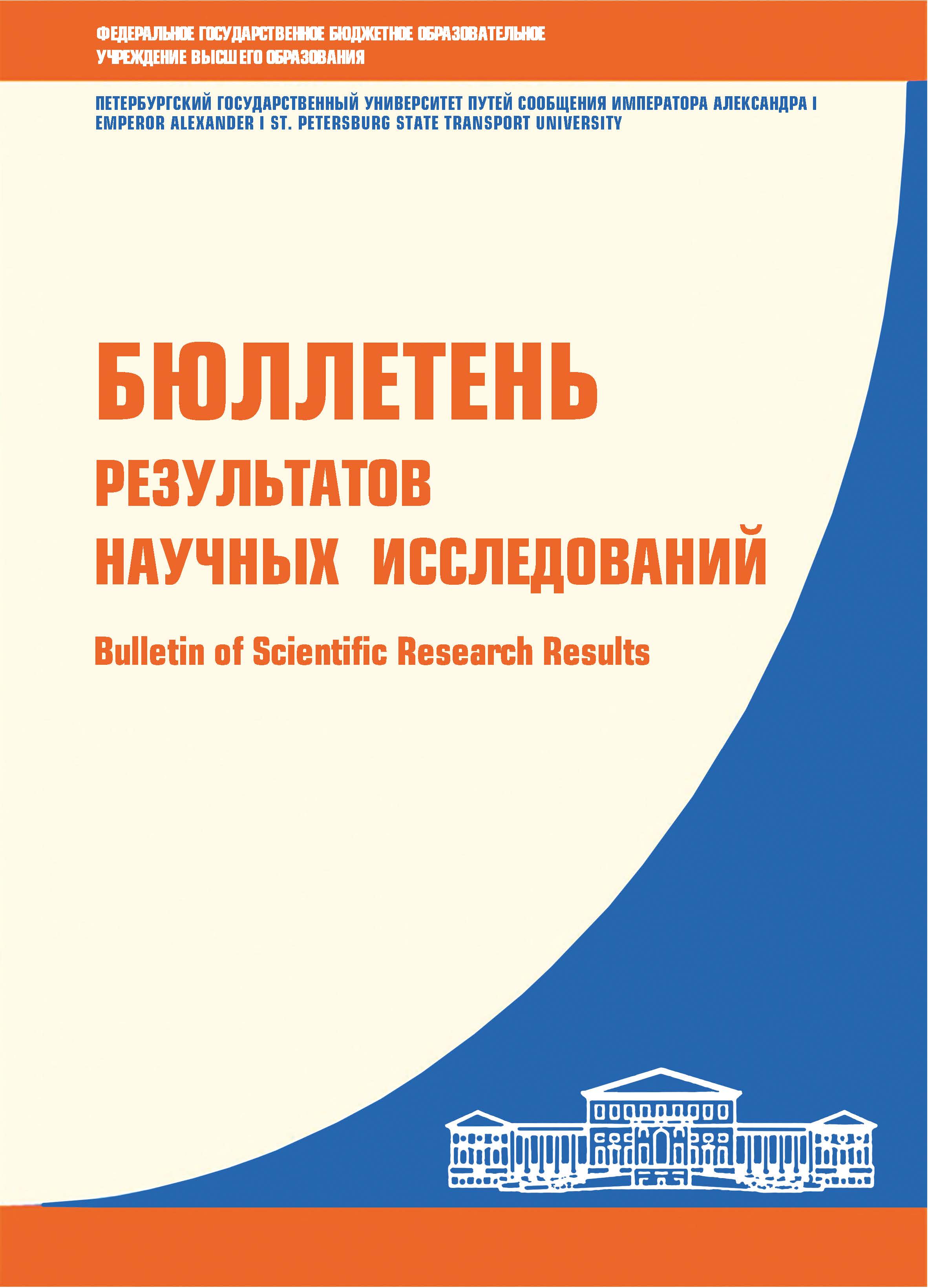Russian Federation
employee
Moscow, Moscow, Russian Federation
Objective: this article is devoted to the problem of regulation of fuel resources for train traction in the presence of variable factors affecting consumption. As an example, the wind-dependent section of the Privolzhskaya railway Pallasovka–Verkhniy Baskunchak was considered, using simulation modeling, the presence of the influence of variable factors on fuel consumption, which are often standard-setting. To propose a methodology for their practical accounting in locomotive depots. Methods: the article proposes a train simulation model to take into account the influence of wind loads. For this purpose, the traction electric drive of a diesel locomotive with direct-alternating current transmission was presented as a speed controller that maintains the movement of the train at a constant speed equal to the technical average. To determine fuel consumption in order to determine the reliability of the results obtained and the possibility of comparison with experimental statistical values, the electromechanical characteristics of the ED133 traction motor, the GS501 generator and the operational characteristics of the D49 diesel engine were used. Results: as a result of modeling the operation of the diesel locomotive power plant, the values of absolute and specific fuel consumption were obtained. The results obtained have a high degree of reliability, as evidenced by earlier statistical data. Practical significance: the results obtained once again demonstrated the influence of wind on train traction, and on wind-dependent sections of railways they are standard-forming. The considered model can be applied for the purpose of rationing the consumption of fuel and energy resources in the presence of variable factors affecting consumption.
train simulation model, wind Loads, train traction, diesel-electric locomotive, energy efficiency
1. Godovoy otchet OAO «RZhD» 2018 goda [Elektronnyy resurs]. URL: https://ar2018.rzd.ru/ ru (data obrascheniya: 21.03.2018).
2. Sovremennaya metodologiya tehnicheskogo normirovaniya rashoda toplivno-energeticheskih resursov lokomotivami na tyagu poezdov: sb. tr. uchenyh OAO «VNIIZhT» / L. A. Muginshteyn, A. I. Molchanov, S. A. Vinogradov i dr. M.: VMG-Print, 2014. 144 s.
3. Rozy vetrov Rossii [Elektronnyy resurs]. URL: http://lakka-sails.ru/winds/.
4. GOST 16350-80 Klimat SSSR. Rayonirovanie i statisticheskie parametry klimaticheskih faktorov dlya tehnicheskih celey. utv. 01.07.1981.
5. Grebnev I. A., Sidorova N. N., Pudovikov O. E. Statisticheskiy analiz poezdopotoka na uchastke Pallasovka — Verhniy Baskunchak s cel'yu vyyavleniya vetrovyh nagruzok // Byulleten' nauchnyh issledovaniy. PGUPS. 2022. № 3. S. 75–87.
6. Grebenyuk P. T. Pravila tyagovyh raschetov dlya poezdnoy raboty. M.: Transport, 1985, 287 s.
7. Alyamovskiy A. A. Inzhenernye raschety i SolidWorksSimulation. M.: DMK Press, 2010. 464 s.
8. Grebnev I. A., Pudovikov O. E. K ocenke vliyaniya vetrovoy nagruzki na gruzovoy poezd // Izvestiya Transsiba. OMGUPS. Omsk. 2022. № 4. S. 13–21.
9. Pudovikov O. E. Sistema avtomaticheskogo upravleniya skorost'yu dvizheniya gruzovogo poezda s etalonnoy model'yu ob'ekta upravleniya / O. E. Pudovikov, M. . Yu. Kulikov, E. V. Serdobincev i dr. // Proryvnye tehnologii elektricheskogo transporta: materialy Devyatogo Mezhdunarodnogo simpoziuma «Eltras-2017» (Eltrans-2017), posvyaschennogo 130-letiyu osnovaniya G. K. Merchingom elektrotehnicheskoy shkoly v Rossii. 18–20 oktyabrya 2017 g., Sankt-Peterburg. SPb.: OOO «IPK «NP-Print». 2019. S. 334–339.
10. Vereschak D. M. Elektrodvigatel' tyagovyy postoyannogo toka ED 133 UHL1: protokol periodicheskih ispytaniy. TH.218.1277. Har'kov, 2015. 19 s.
11. Kirzhner D. L., Kravchenko O. V., Chikirkin O. V. i dr. Magistral'nyy gruzovoy dvuhsekcionnyy teplovoz 2TE25KM. Rukovodstvo po ekspluatacii. Ch. 1–4. 2015. 526 s.
12. Nikitin E. A. Teplovoznye dizeli tipa D49 / V. M. Shiryaev, V. G. Bykov, G. V. Nikonov i dr. L.: Izdatel'stvo «Transport», 1982. 254 s.









